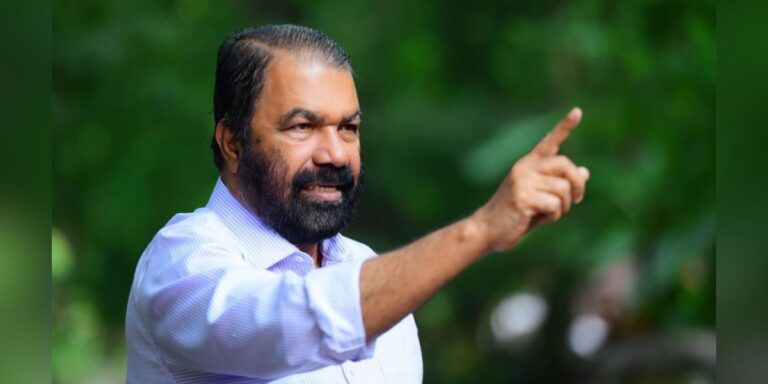Kerala Joins PM SHRI Scheme: Key Developments
Education Minister V Sivankutty confirmed that the state has informed the Union government and directed officials to sign the agreement.
Kerala Education Minister V Sivankutty. (Facebook)
Synopsis: The CPI(M)-led LDF government in Kerala has decided to participate in the Union government’s PM SHRI scheme, setting aside objections from its ally CPI.
Kerala’s Decision to Engage with PM SHRI
After a prolonged period of uncertainty, the CPI(M)-led LDF government in Kerala has confirmed its participation in the Union government’s PM SHRI scheme. This move has been initiated despite objections from its ally, the Communist Party of India (CPI). Education Minister V Sivankutty announced this decision, emphasizing the need to access ₹1,500 crore in pending central funds essential for various educational projects.
Compliance Without Cabinet Approval
Notably, the decision was made without prior cabinet approval, following consultations between Sivankutty, Union Education Minister Dharmendra Pradhan, and Chief Minister Pinarayi Vijayan. The urgency stems from the need to secure much-needed funds that would help streamline educational efforts in Kerala.
Official Instructions Issued
Minister Sivankutty confirmed that the department secretary has been directed to proceed with signing the agreement. He highlighted that procedures followed are consistent with those by other departments when engaging in central schemes.
Funding Allocations Under PM SHRI
The PM SHRI program is designed to provide infrastructure upgrades to two schools in each block, with each school receiving approximately ₹1 crore annually over five years. This funding is crucial, given the financial constraints faced by educational institutions due to withheld funds.
Addressing Concerns Regarding the NEP
Previously, Kerala’s government expressed concerns that participation in the PM SHRI scheme might impose aspects of the National Education Policy (NEP) that they find objectionable, such as mandated school displays of PM SHRI boards. Despite joining the scheme, Sivankutty assured that Kerala will not adopt rejected provisions of the NEP, particularly those affecting historical narratives.
Parliamentary Standing Committee’s Recommendations
The situation has further highlighted tensions between state and central educational policies. A Parliamentary Standing Committee recently rebuked the Ministry of Education for delaying the release of funds to Kerala, West Bengal, and Tamil Nadu due to non-signatures on the PM SHRI MoU. The committee noted that these states, known for their superior educational outcomes, faced operational challenges due to the funding lapses.
Conclusion: Navigating Future Educational Policies
As Kerala moves forward with its decision to engage in the PM SHRI scheme, the focus will be on ensuring that the state’s educational ethos remains intact while leveraging the benefits of central funding. The balancing act between state autonomy and central mandates will continue to shape Kerala’s educational landscape.
